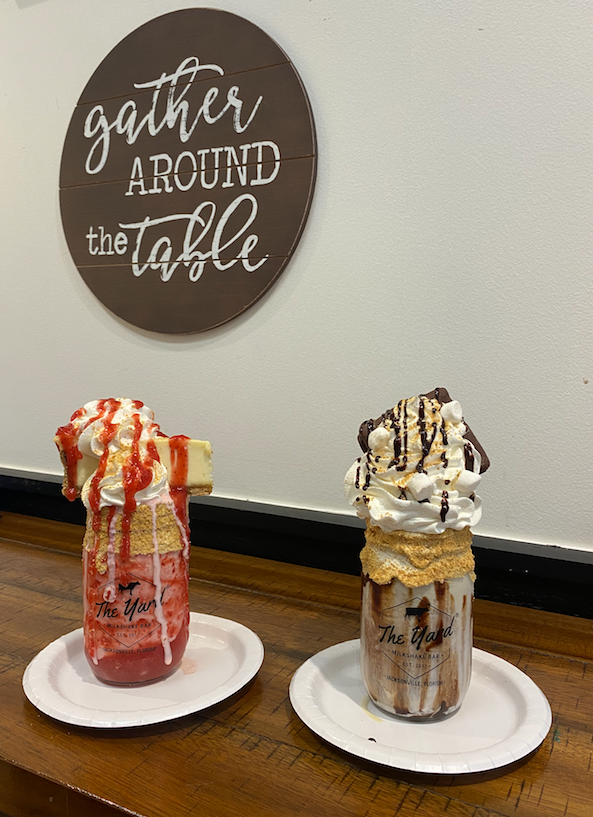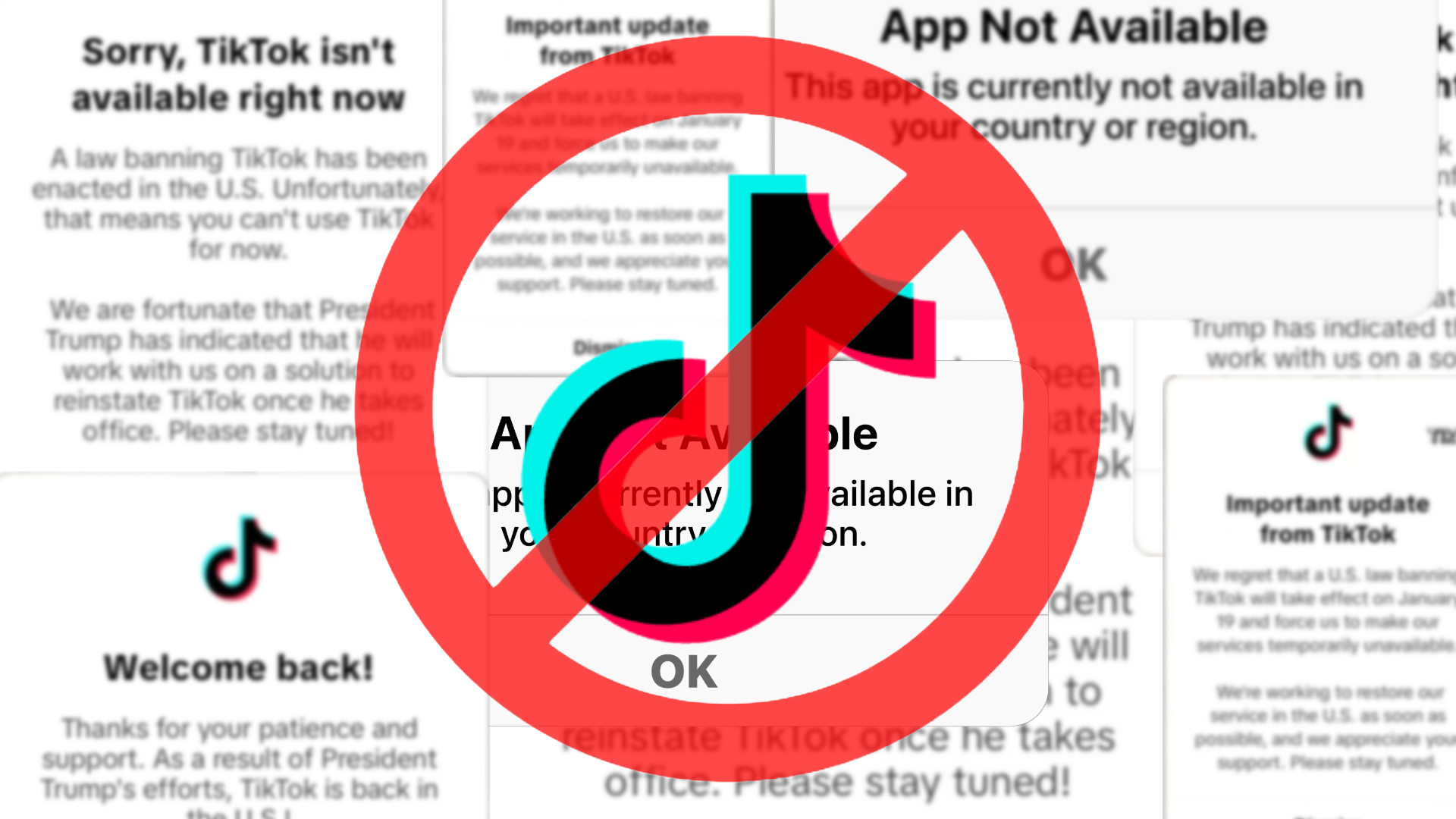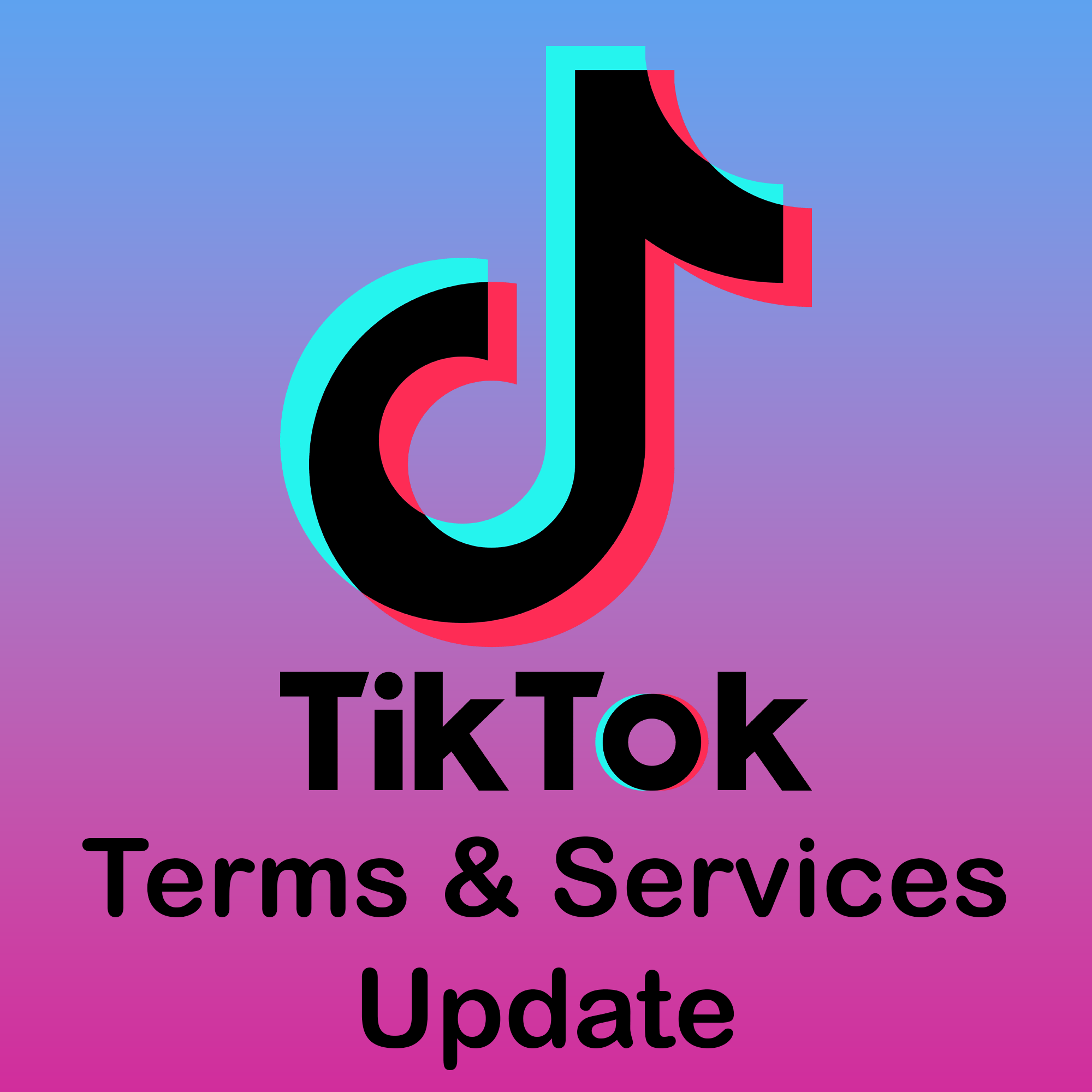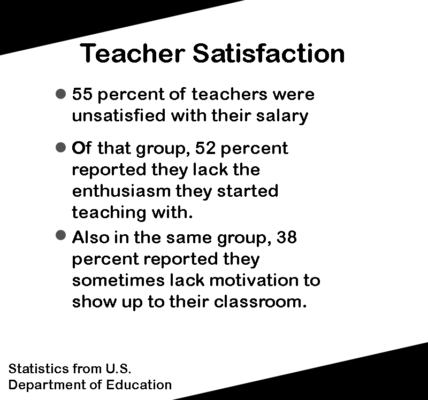By Koa Davidson
Every year since 2004, The Oxford English Dictionary selects a word of the year based on what term was found to have most effectively captured the zeitgeist of the past year. For 2024, they selected the word “brain rot.” Oxford themselves defines this word as: “The supposed deterioration of a person’s mental or intellectual state, especially viewed as the result of overconsumption of material (now particularly online content) considered to be trivial or unchallenging.”
The term dates back to 1854 in Henry David Thoreau’s “Walden” to describe similar concepts of the gradual decrease in societal intellect, but the word found a resurgence in the summer of 2023. A popular sports-news TikToker, who goes by the screen name “h00pify,” released a short video which was subsequently reposted across various platforms with many expressing confusions as to who the people in the video were and what the diction used meant. The transcript of the video is as follows: “Baby Gronk just stole Livvy from the Drip King. On his visit to LSU, Baby Gronk rizzed up Livvy and they started dating. They’re so in love, Baby Gronk got Livvy’s name tattooed on his arm. Is Baby Gronk the new Drip King? Or is Livvy just using him for clout?”
“Baby Gronk just stole Livvy from the Drip King. On his visit to LSU, Baby Gronk rizzed up Livvy and they started dating. They’re so in love, Baby Gronk got Livvy’s name tattooed on his arm. Is Baby Gronk the new Drip King? Or is Livvy just using him for clout?”
tiktok video script
While concerns over the youth’s infatuation with new technology has existed ever since the Baby Boomers grew up with the television, this new wave of worry over supposed dumbing down of the populace via addiction to media concerns Generation Z and Generation Alpha’s dependence on short form content.
The term brain rot highlights concern many adults express over the future of children’s intellect. One teacher using the screen-name “reignzsupreme503,” voiced her struggles with her students on TikTok, expressing that: “These kids can’t read, they can’t decode, they have no vocabulary, no background knowledge. I’ve never seen anything like it… for eight years I taught a self-contained program for significant language-based disabilities… it was the step before being sent to a specialized school. My fifth graders with significant language-based learning disabilities could write better than non-disabled Seventh graders now.” This problem is not isolated. According to the National Assessment of Education Progress, 57 percent of fourth grade students were below the proficient reading level for their age. The National Literacy Institute reports one in five U.S. adults cannot read at a middle-school level.
“The iPad Kid” is an archetype in modern culture who serves as the living incarnation of brain rot. A generation of kids raised more by algorithm and screens than actual parenting has already been observed to have inhibiting effects. Studies conducted by the Cincinatti Children’s Hospital show significant warping in brain structure from children who have increased access to mobile technology. This can have consequences on their memory, imagination and facial recognition, which in turn limits their ability to remember and comprehend what they are reading as well as empathize with others.
A popular trend on TikTok highlights the addictive nature of what many toddlers consume. The trend involves recording a child’s reaction to the intro music of Cocomelon, a children’s animation studio. In some of these videos, the toddlers are shown to be in a state of deep sleep only to immediately rise and be enveloped by the screen playing the song. The studio’s addictive nature is not mere speculation, in fact it’s key to their market research. A “New York Times” article reports on the company’s devotion to gaining a child’s total capitulation to their productions. It describes how children are brought to the company’s headquarters where to TVs are placed: one displaying Cocomelon and the other, a smaller monitor displaying typical scene scenes found in a house. Any time a child breaks from the Cocomelon screen to look at the alternative it is jotted down and seen as a flaw in the show’s content which must be weeded out.
Graphic done by Ryder Navarra
Past words of the year:
2004: Chav
2005: Sudoku, podcast
2006: Bovvered, carbon-neutral
2007: Carbon footprint, locavore
2008: Credit crunch, hypermiling
2009: Simples, unfried
2010: Big society, refudiate
2011: Squeezed middle
2012: Omnishambles, GIF
2013: Selfie
2014: Vape
2015: 😂 (face with tears of joy emoji)
2016: Post-truth
2017: Youthquake
2018: Toxic
2019: Climate emergency
2020: [none]
2021: Vax
2022: Goblin mode
2023: Rizz





